A unique educational project brings young Germans and Lithuanians to cycle 500 kilometers through the historic Memel region, confronting shared memories, shifting borders, and a complex present on NATO’s eastern flank.
Where Rusted Chains Meet Glimmering Conversations
The scene is a study in contrasts: soggy clothes and squeaking bicycle chains set against beaming faces. For the 18-strong group that recently embarked on an extraordinary educational cycling tour from the Lithuanian port city of Klaipėda, the weather was as volatile as the region’s history. For three days, driving rain lashed the cyclists, and a relentless headwind demanded every ounce of their stamina. Yet, in the moments when the sun broke through the clouds, it illuminated more than just the damp landscape. “While the chains rusted, our conversations glistened,” remarked Markus Nowak of the Potsdam-based Deutsches Kulturforum östliches Europa.
This was no ordinary history seminar. It was a mobile, experiential classroom, a concept the Germans call a Bildungsradreise. “What took place there was not a conventional history seminar—but a moving journey through past and present, through villages, border lines, and shared memories,” added Vincent Regente of the Berlin-based Deutsche Gesellschaft e.V.
Together, Nowak and Regente, both historians and avid cyclists, designed this immersive format to create a learning space where history is not passively consumed from a textbook but is felt in the burning of muscles, seen in the crumbling facades of abandoned churches, and heard in the voices of those who lived it. This article explores how their project, titled “Borders and Encounters,” guided a new generation of Germans and Lithuanians through the complex layers of identity, memory, and geopolitics in a region that finds itself once again at the heart of European security.
A Seminar on Two Wheels: The Philosophy of “Learning by Doing”
The architects of this unique pedagogical experiment, Markus Nowak and Vincent Regente, embody the project’s spirit. Their goal was to liberate history from the sterile confines of academia and make it tangible “beyond classrooms and conference halls.” Instead of frontal lectures, the curriculum was one of pedaling, sweating, and pausing to ask—and answer—the difficult questions posed by the landscape itself.
The organizations behind them provide the institutional framework. The Deutsches Kulturforum östliches Europa is dedicated to a “critical and future-oriented examination” of the history of regions in Eastern Europe where Germans once lived. Its mission is not to foster nostalgia but to promote a “connecting heritage” through dialogue. Similarly, the Deutsche Gesellschaft e.V., founded after the fall of the Berlin Wall, is committed to breaking down prejudices and promoting European integration through study trips and intercultural dialogue.
The tour’s structure was demanding. Eighteen participants—fifteen students and young professionals from both Germany and Lithuania—covered nearly 500 kilometers. The learning model was profoundly active, with participants preparing their own presentations on key historical themes. The physical challenge was, by design, a transformative part of the experience. The shared hardship forged a unique bond, making the “glistening conversations” that emerged amidst the “rusting chains” all the more meaningful. As 27-year-old student Barbora Sharrock reflected, “I have gained a lot of self-confidence through this type of travel by bicycle. I used to think 15 kilometers was a long way—today it seems like the blink of an eye.”
The Weight of the Land: A Brief, Turbulent History of the Memel Territory
To cycle through the Klaipėda region is to travel across a landscape saturated with the memory of shifting names and empires. The very duality of its name—Klaipėda in Lithuanian, Memel in German—encapsulates a history of contested belonging. Founded by the Teutonic Knights in 1252 as Memelburg, it was a German city for seven centuries.
The 20th century brought violent ruptures. The 1919 Treaty of Versailles severed the Memelland from Germany, placing it under League of Nations administration to provide the new state of Lithuania with a port.[10, 11] In 1923, Lithuania annexed the territory in the Klaipėda Revolt.[10, 12] This period of autonomy ended abruptly in March 1939, when Adolf Hitler issued an ultimatum, and German troops marched in, completing Nazi Germany’s final “bloodless” territorial conquest.[13, 14]
Table 1: A Timeline of Sovereignty over the Klaipėda/Memel Region
| Date Range | Controlling Power/Status | Key Event |
| c. 7th-13th C. | Baltic Tribes | Original settlement |
| 1252–1919 | Teutonic Order / Prussia / German Empire | German rule |
| 1920–1923 | League of Nations (French Admin.) | Treaty of Versailles |
| 1923–1939 | Republic of Lithuania | Klaipėda Revolt and annexation |
| 1939–1945 | Nazi Germany | German ultimatum and re-annexation |
| 1945–1990 | Soviet Union (Lithuanian SSR) | Post-World War II settlement |
| 1990–Present | Republic of Lithuania | Restoration of Lithuanian independence |
Confronting Dark Chapters: The Holocaust and a Divided German Past
The tour led participants directly to sites of memory. In Jurbarkas (Georgenburg), they met with Mayor Skirmantas Mockevičius, who spoke about the town’s first local Holocaust memorial. Before the war, Jurbarkas was home to a Jewish community of over 2,000, which was entirely annihilated in 1941 by a Nazi Einsatzkommando and their local Lithuanian collaborators. The new Synagogue Square Memorial represents a community actively grappling with this devastating loss.
In Šilutė (Heydekrug), the group met an elderly “Memelländer” who spoke of war, flight, and expropriation. His testimony gave a human face to the suffering of Germans displaced after WWII. Yet, this history is complex. During the war, Heydekrug was the site of forced labor camps for Jews and a POW camp, Stalag Luft 6. For the German participants, this juxtaposition requires reconciling the narrative of German suffering with the reality of German perpetration.
Borders, Then and Now: From the Nemunas to NATO’s Eastern Flank
The tour’s route along the Nemunas River traces the current border between Lithuania and the Russian exclave of Kaliningrad—a major geopolitical fault line. This context gives the project its deepest relevance. As organizer Vincent Regente stated, “If today German soldiers are stationed in Lithuania, it is all the more important to understand the cultural and historical context.”
This connects the tour to Germany’s Zeitenwende (“turning point”) policy. Germany is permanently stationing a 5,000-strong armored brigade in Lithuania, its first such deployment since WWII, to bolster NATO’s eastern flank. The brigade represents the “hard power” of this new era, while the educational bike tour provides the essential “soft power” counterpart—a commitment to dialogue, historical responsibility, and reconciliation that makes the military presence politically and morally sustainable.
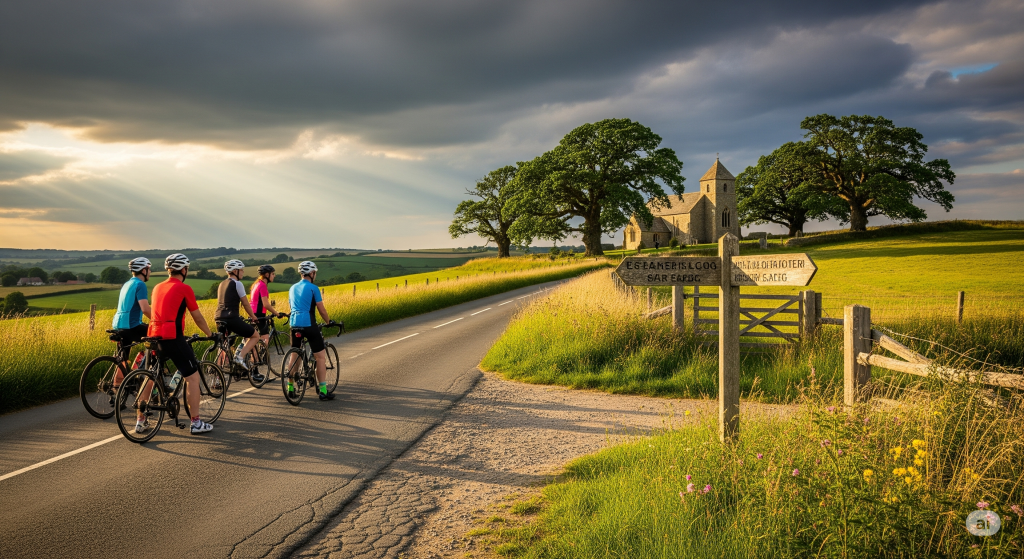
The View from the Saddle
The journey’s impact is best measured in the reflections of its participants. “His memories have taught me and my generation of students more about Europe than many a textbook,” said Peter Schmidt, a German teacher. Miglė Kalinauskaitė, a Lithuanian doctor-in-training, added, “It was amazing to see how touched some were by the stories and places. This shows how empathetic and interested many young people today are in European history.”
The tour was the final part of a “Trilogy of the Memelland.” The bicycle proved to be the perfect instrument for this exploration, forcing an intimate engagement with the landscape. The journey ends, but a question lingers: “What actually connects us in Europe today?” The answer, suggested by this 500-kilometer odyssey, is the shared willingness to pedal through the rain, confront painful truths together, and build a common future by understanding the immense weight of history on the present.


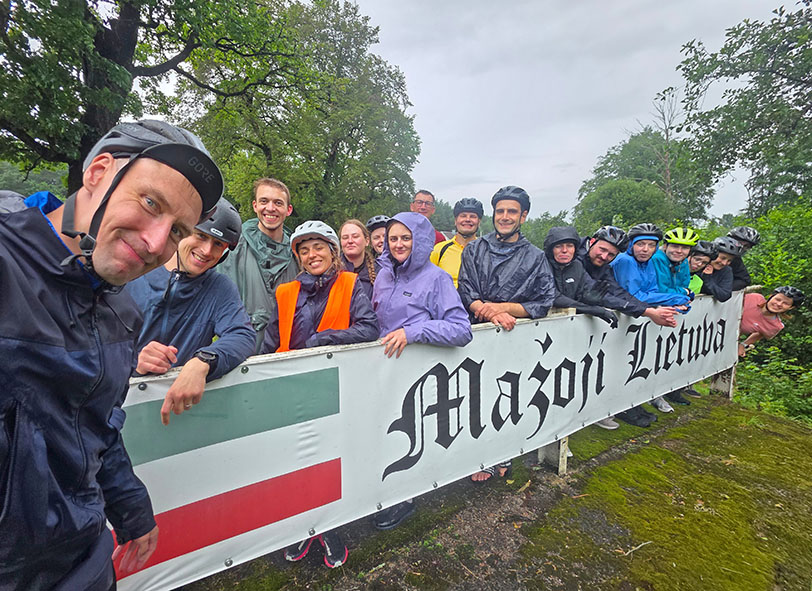
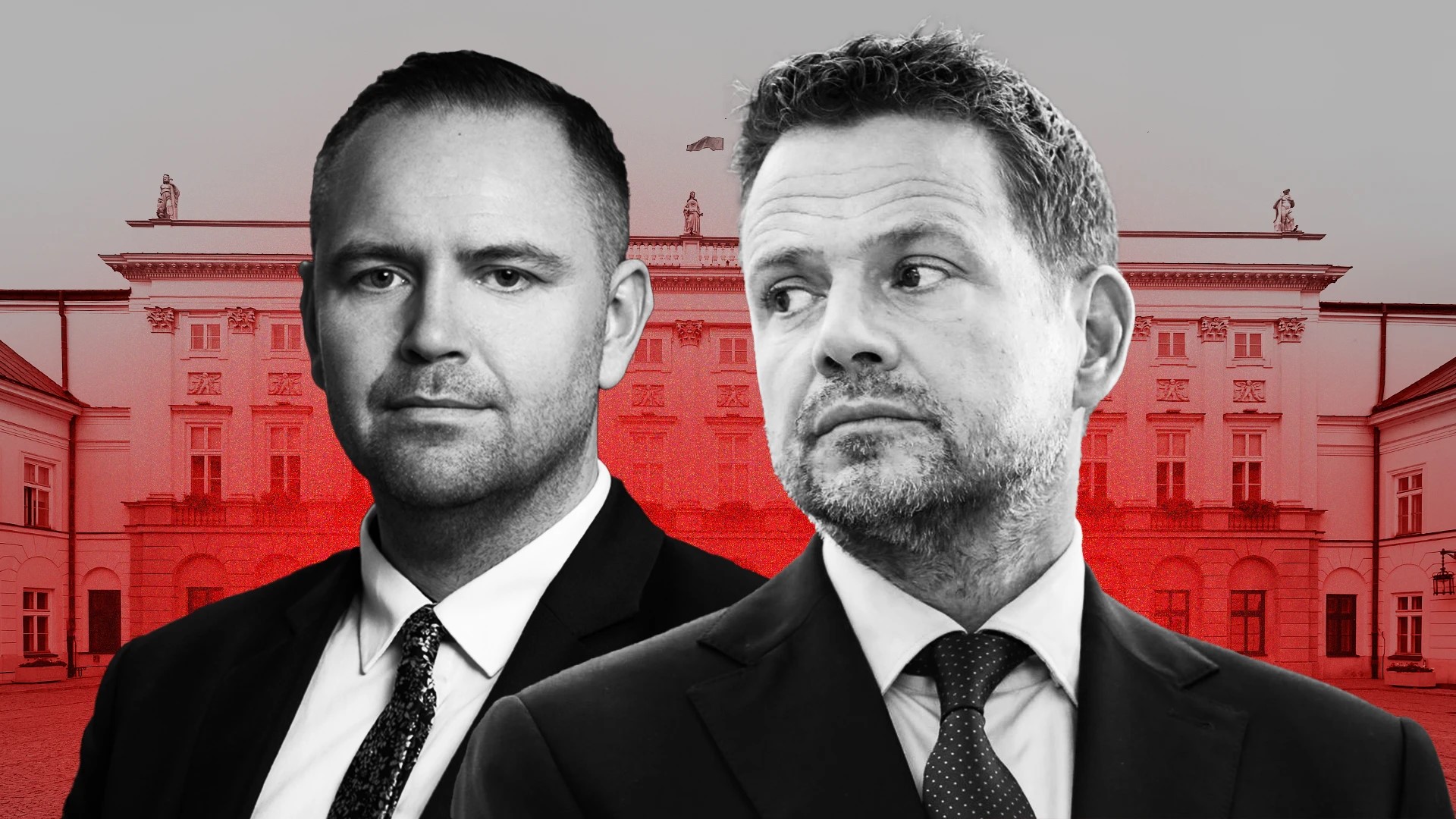


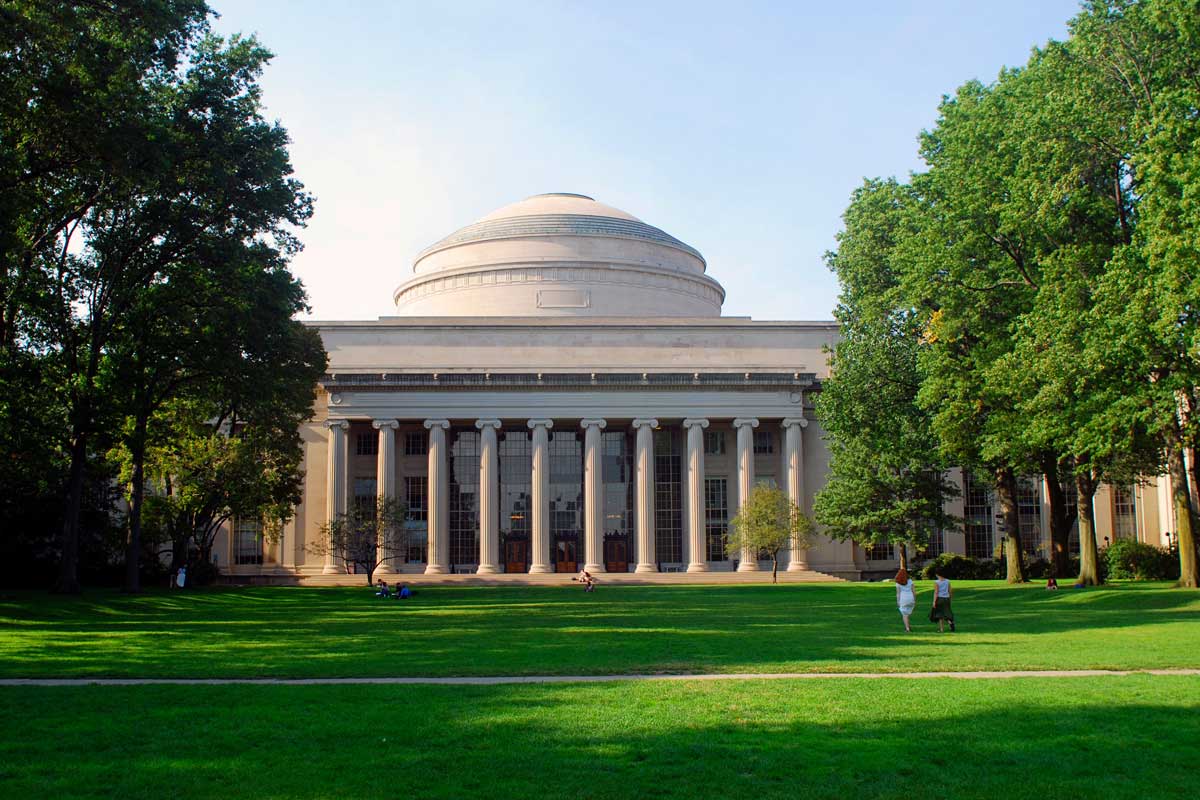
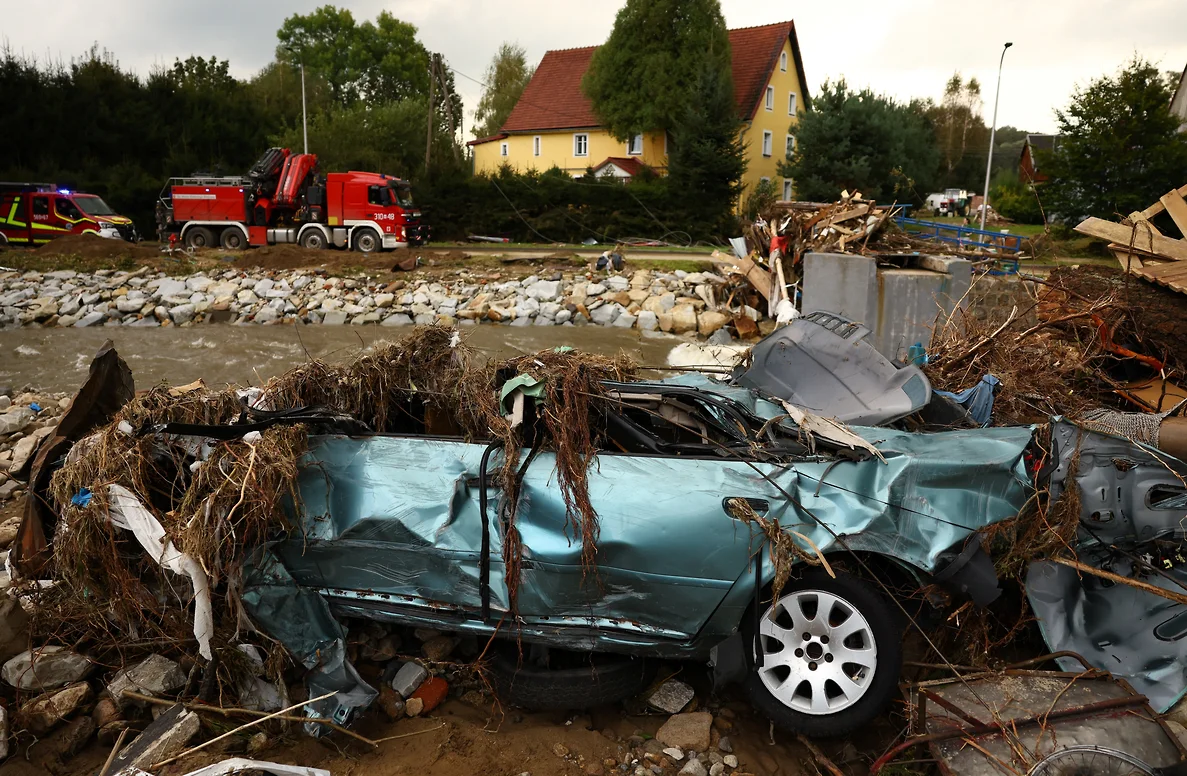
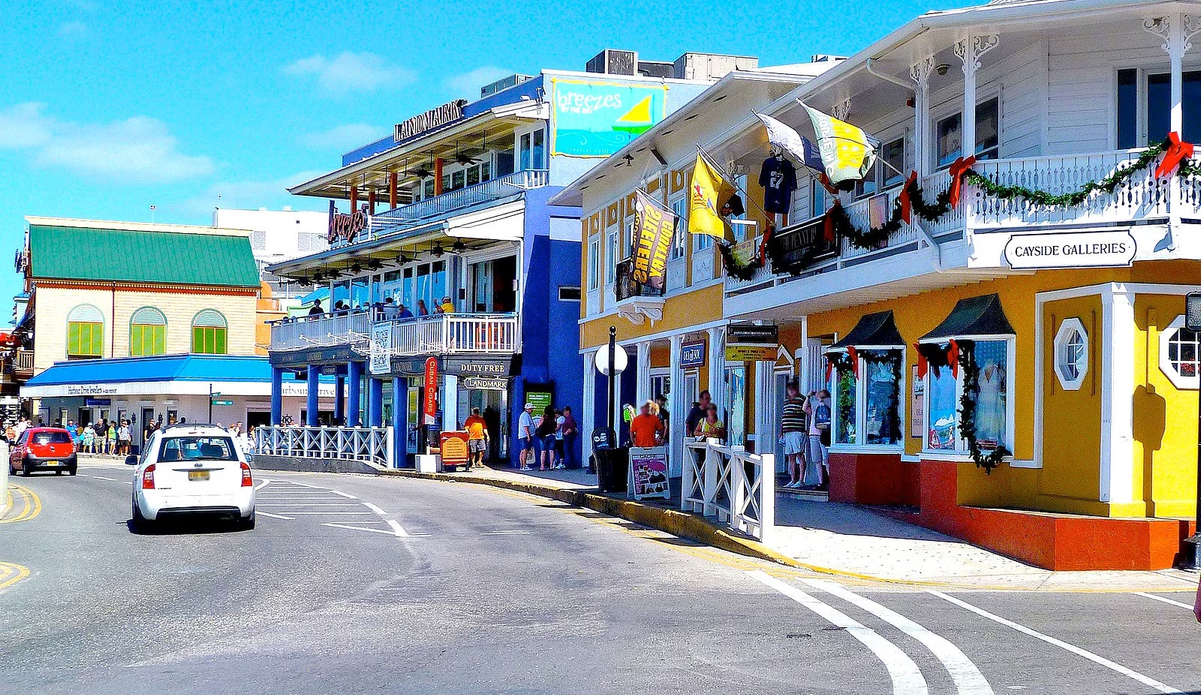
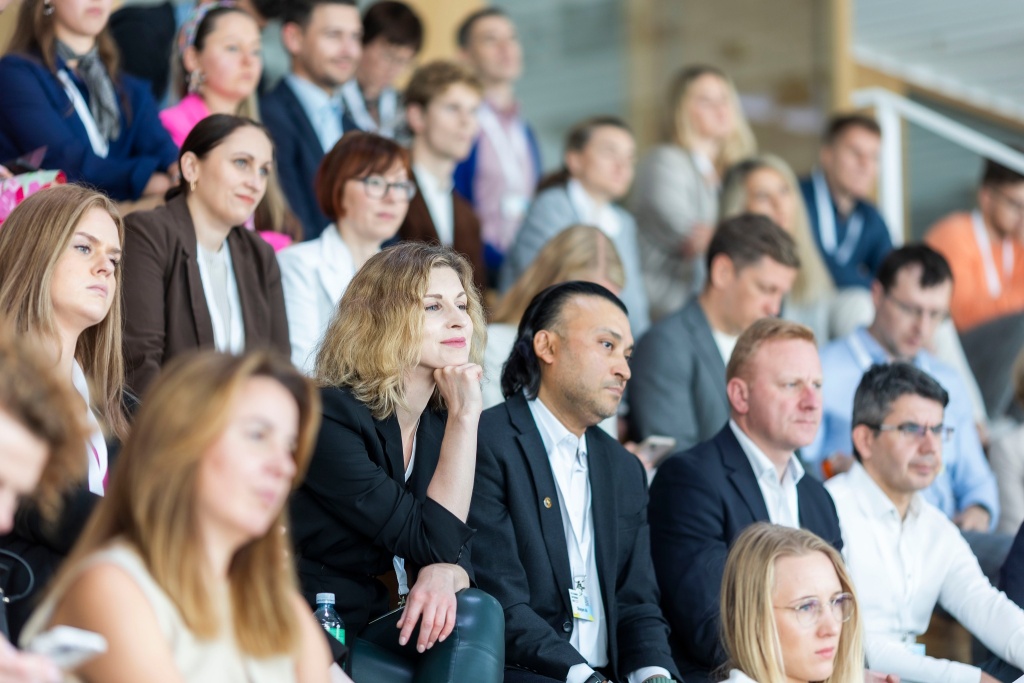
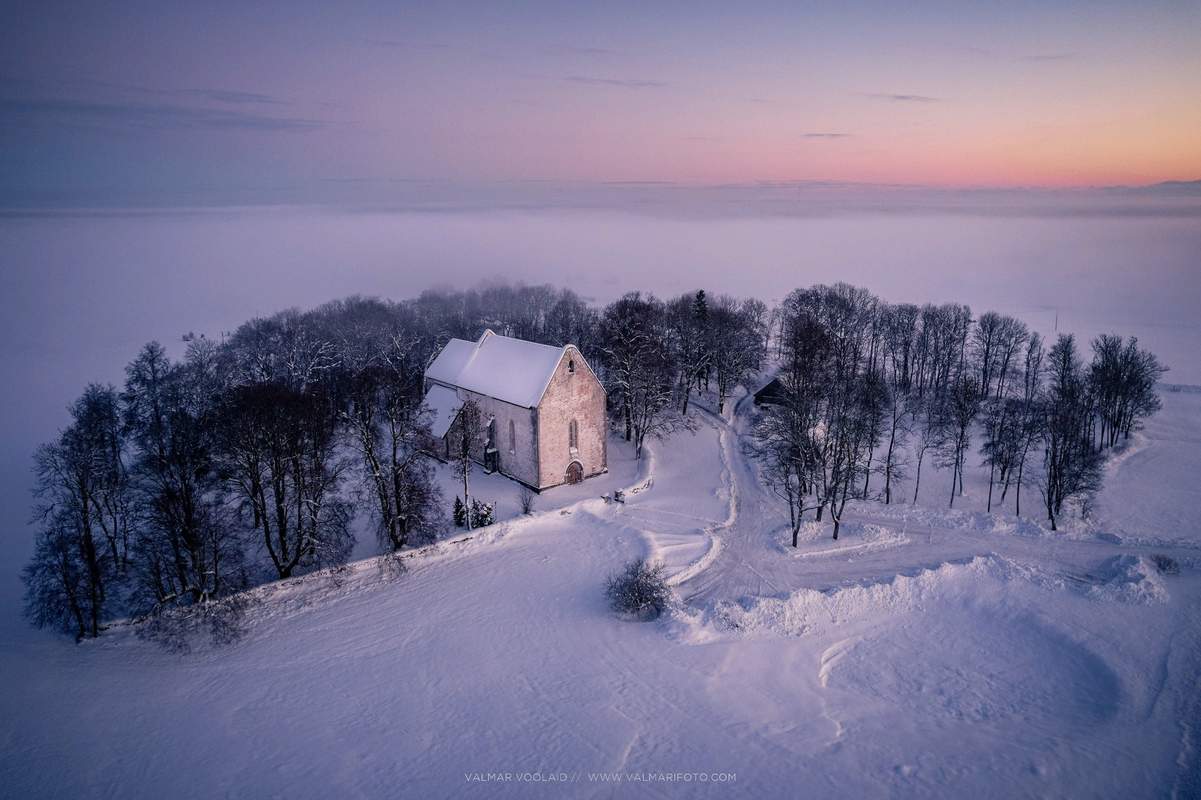
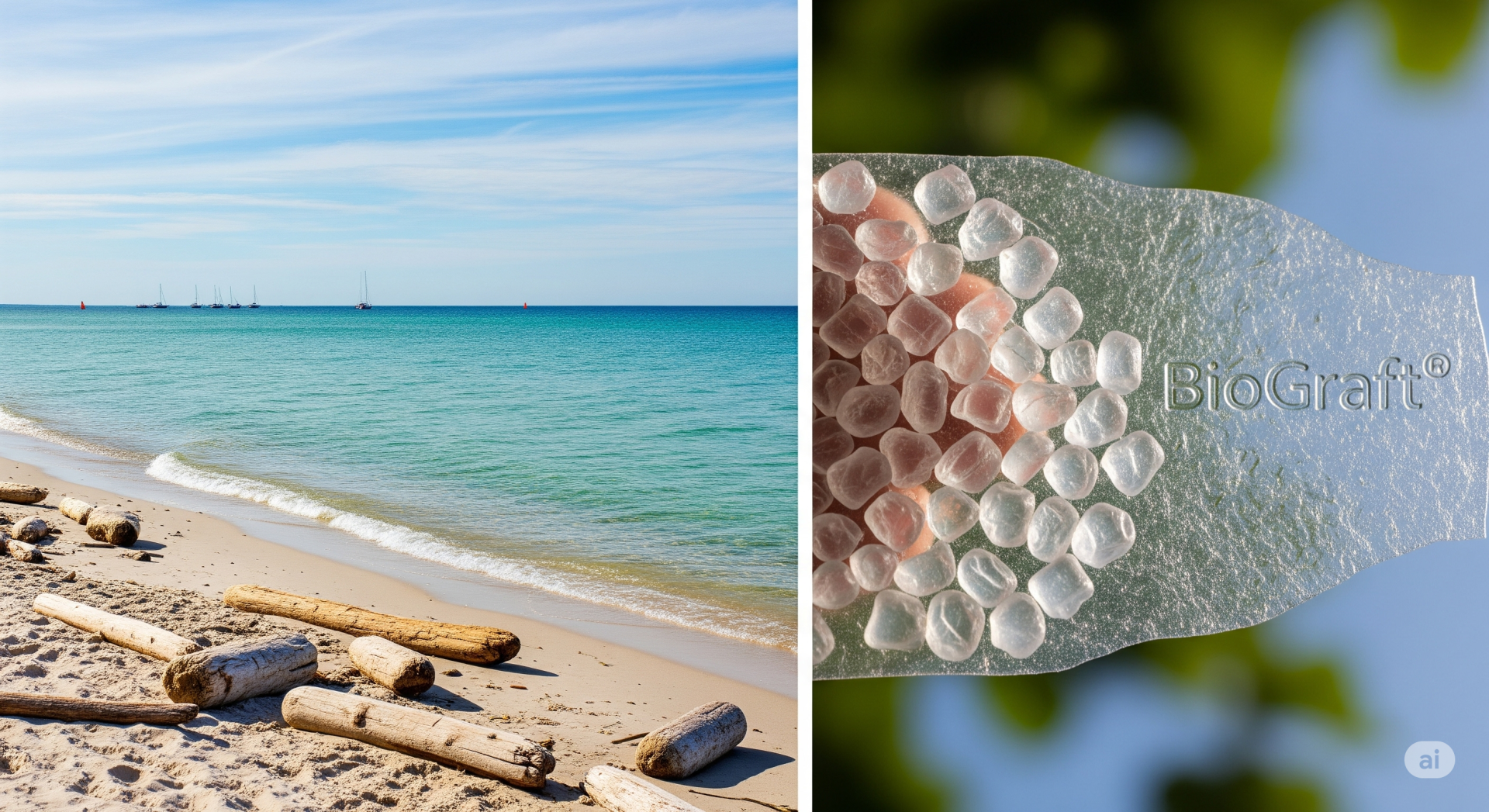
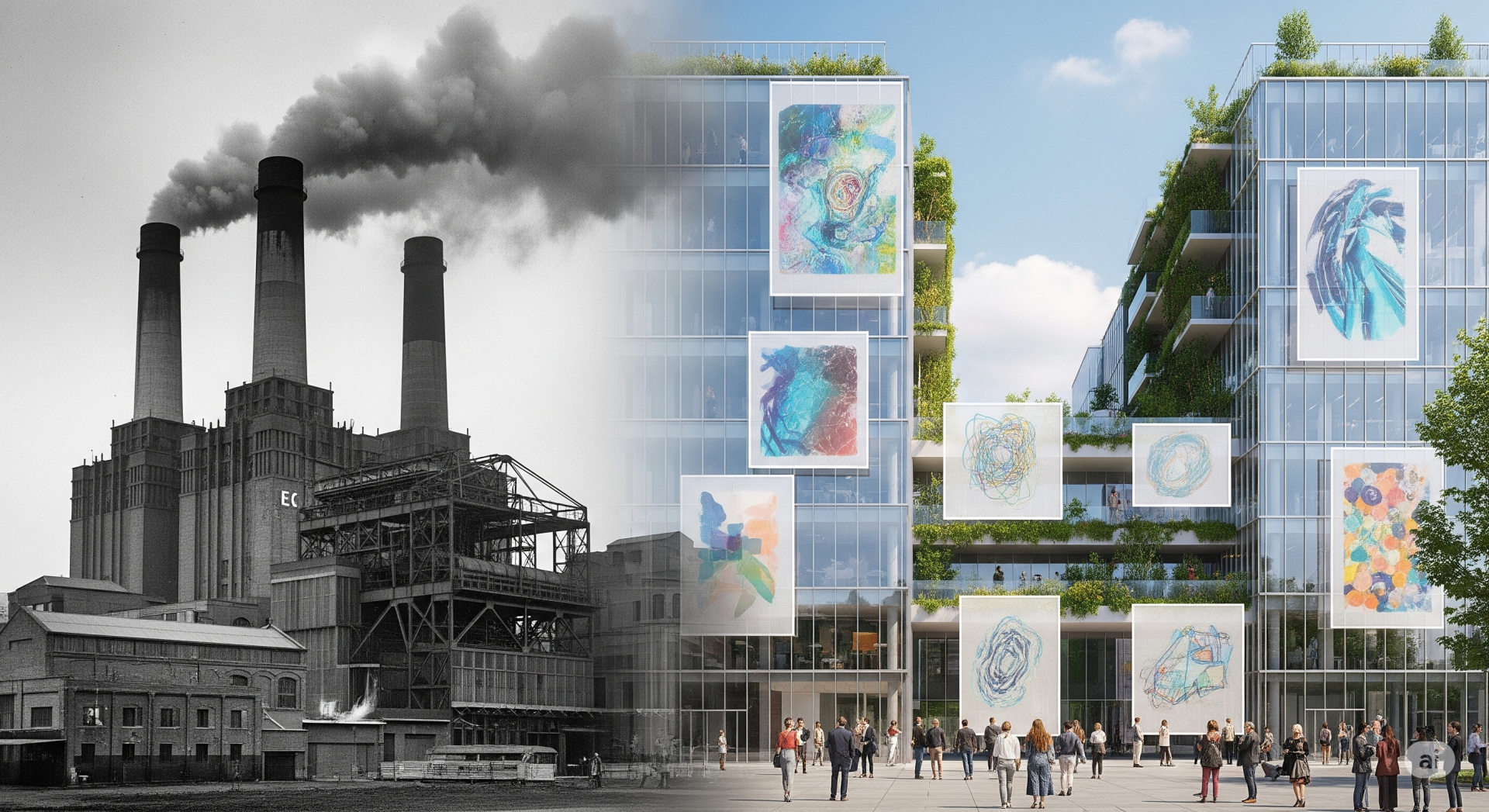
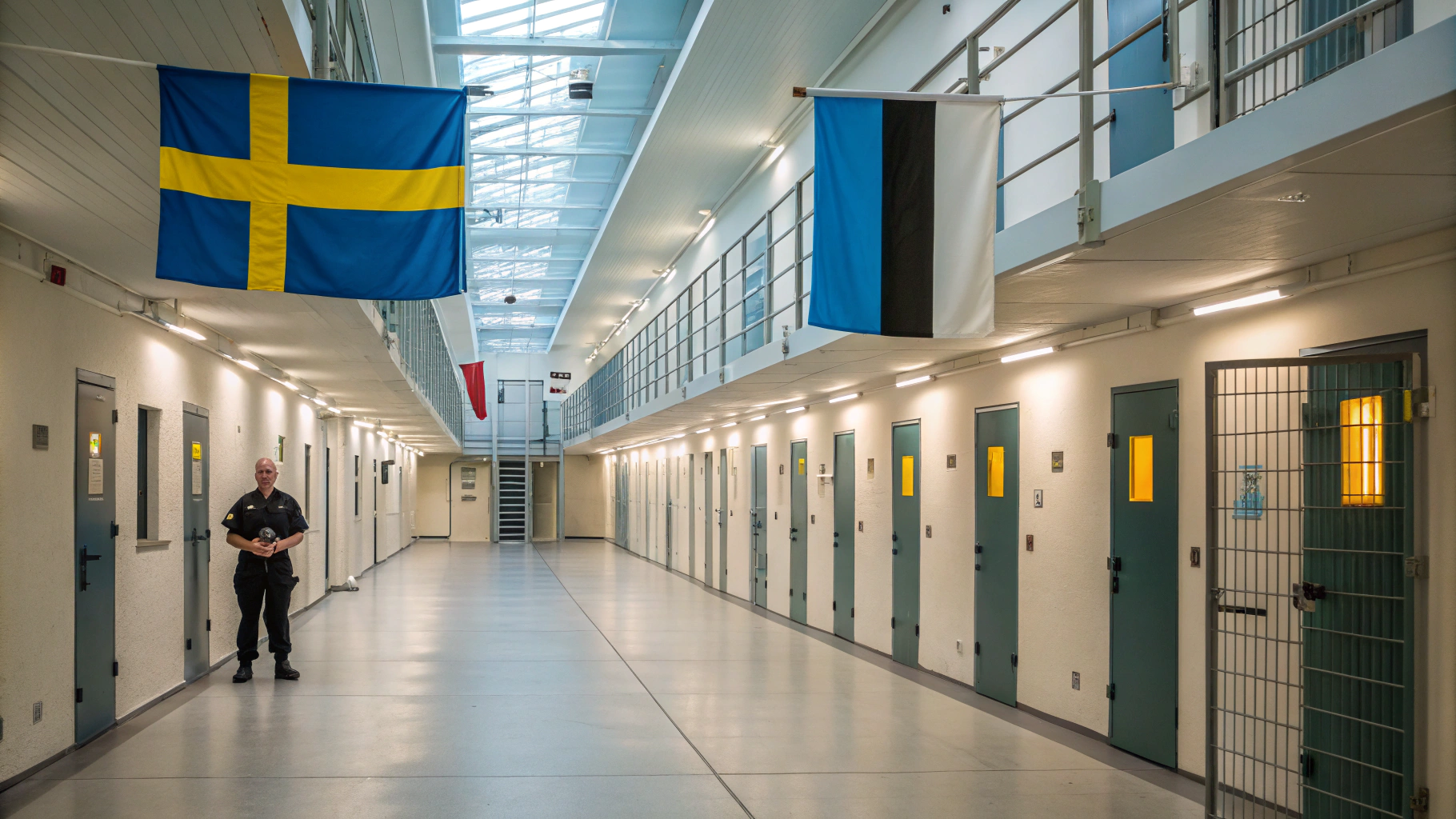

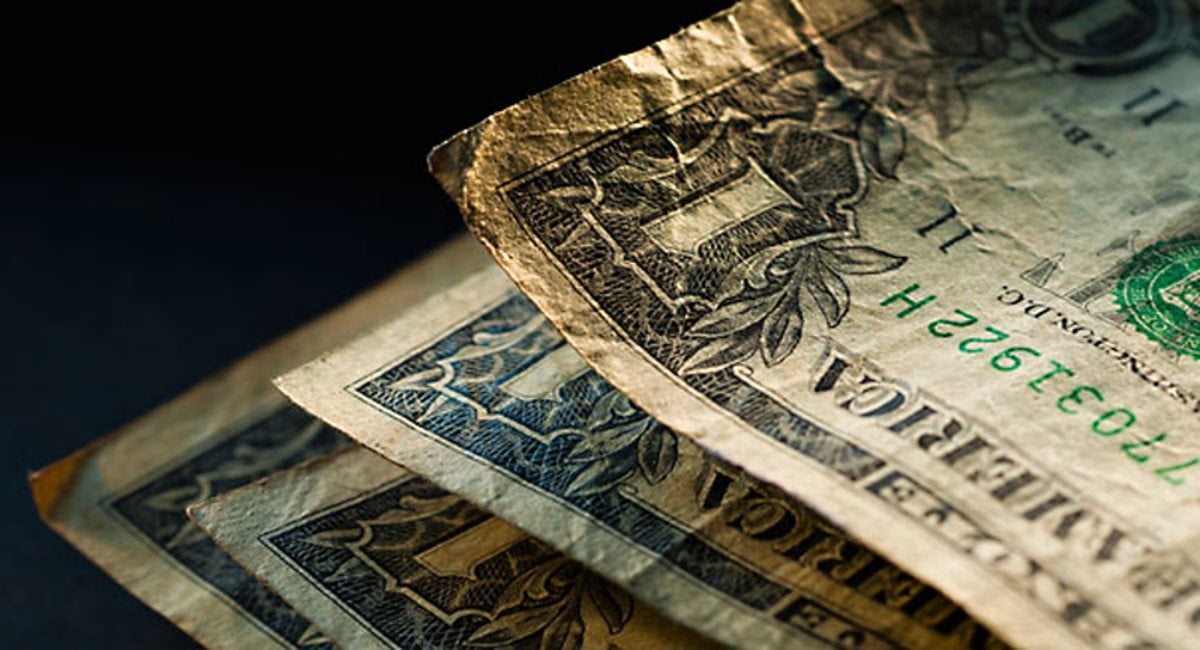
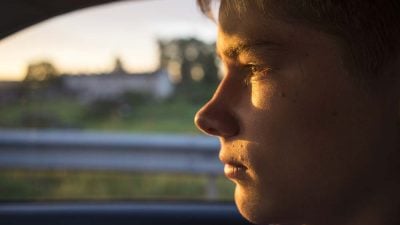


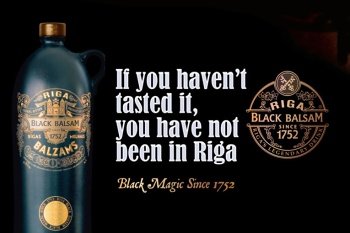
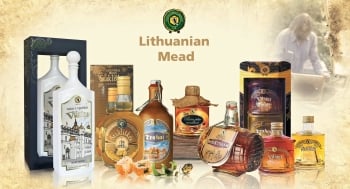
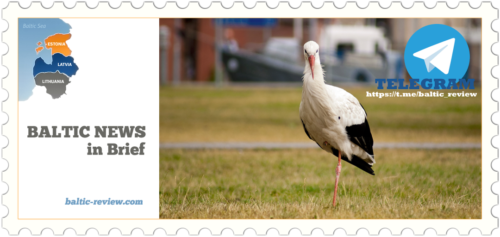

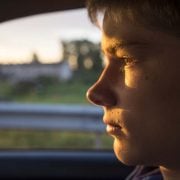
Comments